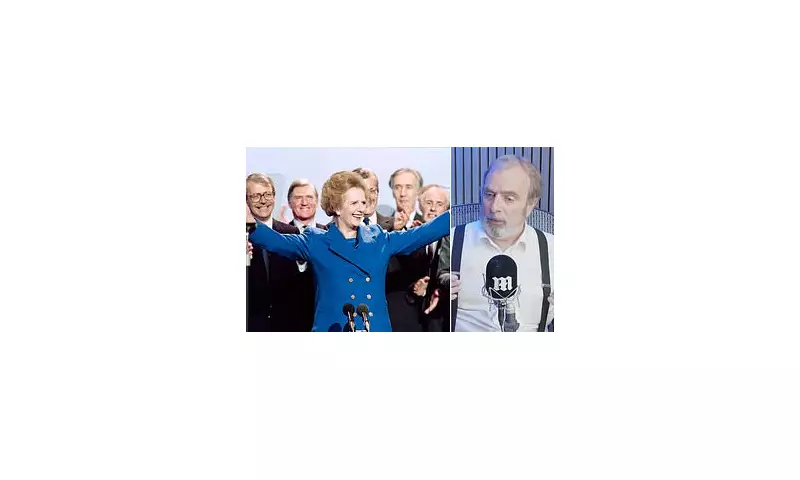
On what would have been Margaret Thatcher's 100th birthday, journalist Peter Hitchens has delivered a startling reappraisal of the Iron Lady's political legacy, claiming she was never a true Conservative and fundamentally damaged the party she led.
The Unconventional Tribute
Rather than joining the chorus of praise typically heard on such anniversaries, Hitchens used his column to question the very foundations of Thatcher's political identity. He described the official Conservative Party commemorations as "pathetic" and argued they revealed more about the party's current identity crisis than about Thatcher herself.
A Revolutionary in Conservative Clothing
Hitchens makes the provocative case that Thatcher was anything but conservative in the traditional sense. "She was a radical, a revolutionary," he writes, suggesting her policies represented a dramatic break from Conservative tradition rather than its continuation.
The journalist points to her background as a grocer's daughter from Grantham who embraced free-market economics with almost religious fervour. According to Hitchens, this represented a fundamental shift away from the established Conservative values that had dominated British politics for generations.
The Legacy of Division
Hitchens doesn't mince words about the long-term consequences of Thatcher's leadership. He argues that her approach created deep divisions within the country that continue to resonate in British politics today.
- Her policies created a new class division between property owners and others
- The traditional Conservative base was alienated by her radical approach
- Her legacy continues to haunt the party's attempts to redefine itself
The Conservative Party's Identity Crisis
Perhaps most damning is Hitchens' assessment that the Conservative Party's current struggles can be traced back to Thatcher's leadership. He suggests the party has never properly recovered from the transformation she forced upon it, leaving it without a clear sense of purpose or identity.
"The pathetic spectacle of modern Conservatives trying to claim her as their own," Hitchens writes, "only demonstrates how far they've strayed from any coherent political philosophy."
A Controversial Perspective
While many will dismiss Hitchens' views as overly harsh, particularly on such a significant anniversary, his argument raises important questions about political legacy and how we remember controversial figures.
His piece serves as a reminder that historical assessment is never settled, and that even the most iconic leaders face reappraisal as time passes and their consequences become clearer.
As Britain continues to grapple with many of the issues that defined Thatcher's era - from economic inequality to Britain's place in the world - Hitchens' contrarian perspective ensures the debate about her legacy remains very much alive.





